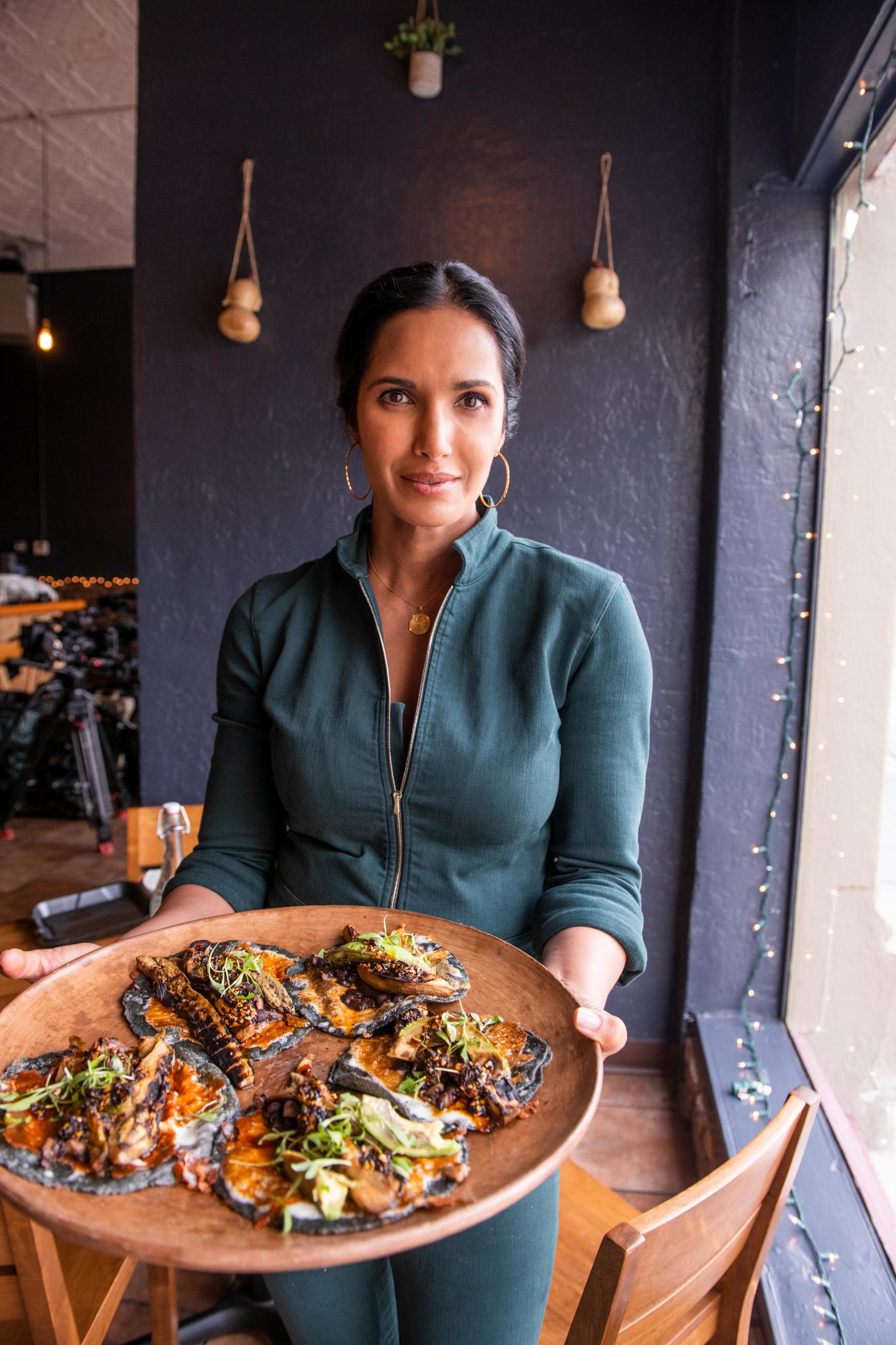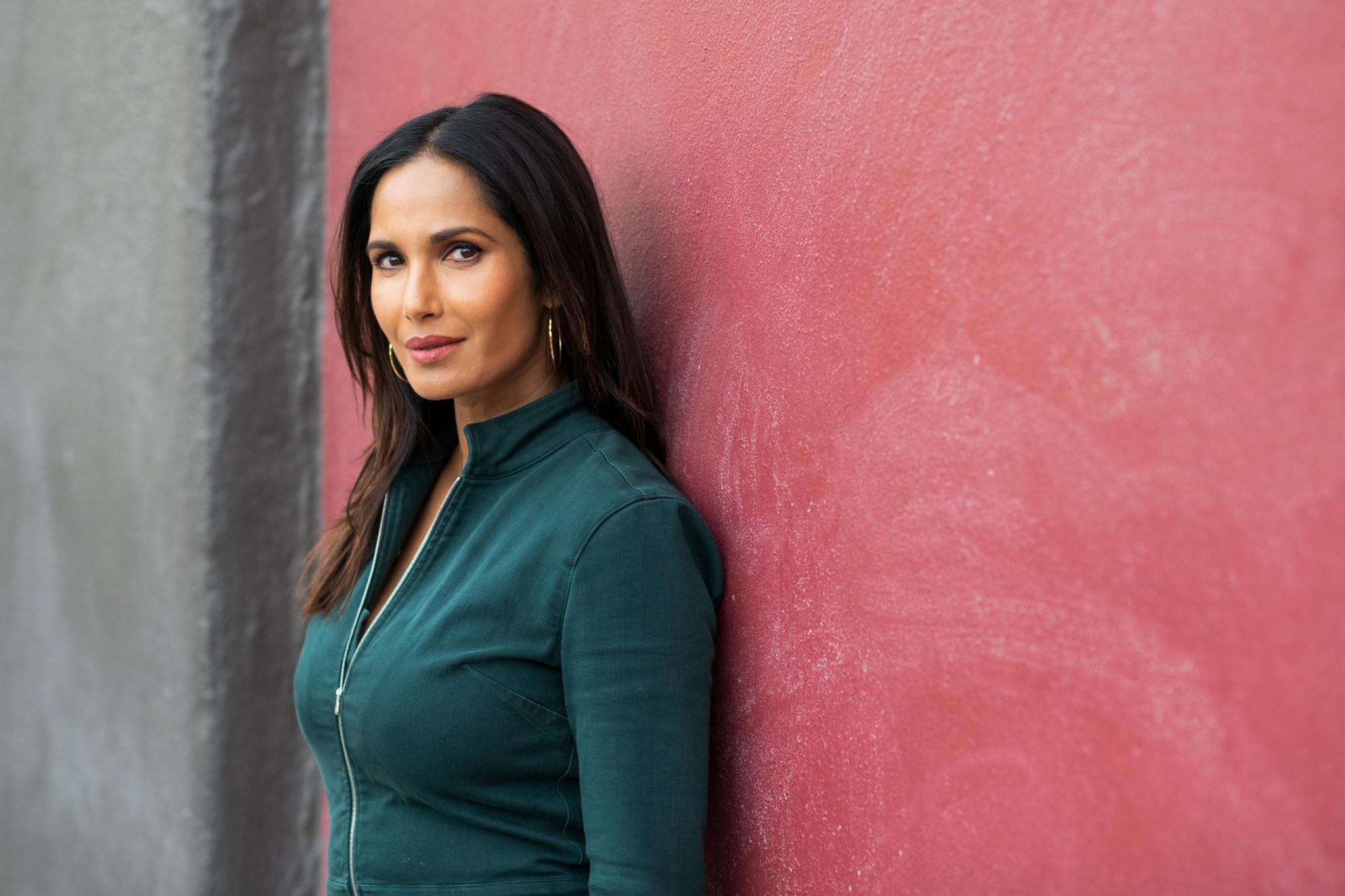What to Watch Verdict
A much-needed reminder that America's strength is found in the diversity of her people, with food as the vehicle that connects our past, or present, and our future.
Pros
- +
Great pacing.
- +
Great people.
- +
Great Padma.
Cons
- -
Can we get Season 2 already?
A good food show does a lot of things. Most of all, it should make you want to eat. Whether it's sweet or spicy, savory or sour, a good food show is going to make your mouth water from the moment the first bite hits the screen.
A good food show also should make you want to cook. Maybe it makes you say "That looks easy. I could do that." Or maybe it makes you want to challenge yourself. Either way, a good show is going to make you want to get into the kitchen.
Taste The Nation on Hulu does both of those things. But that's just the table dressing, and it's not what makes the Hulu series more than a just a food show or a cooking show.
It's not what makes Taste the Nation a great show.
Taste the Nation isn't an instructional cooking show. You're not going to see a chef say to add a pinch of salt when they throw in a full teaspoon. Nobody's saying "a pat of butter" while plopping down a full two ounces. There are plenty of those out there.
Nor is it (blessedly) a reality cooking show. There are way too many of those out there. Nobody's getting chopped. There's nothing cutthroat about any of this. We're not sarcastically noting that anyone nailed anything anywhere.
And it's not hard to argue that Taste the Nation isn't actually a food show at all. There's food in it, for sure. That's why we're here. It's all but in the name.
The latest updates, reviews and unmissable series to watch and more!
But the heart of Taste the Nation is the people. That's made clear from the opening sequence, where you get a little context for our host — if you've somehow missed Padma Lakshmi over the past couple of decades.
"I came to America when I was 4. I'm an immigrant. And I'm not alone. I spent my life writing about food and tasting the world. Now, I want to explore who we are through the food we eat. What exactly is American food? And what makes us American?"
It's easy to compare Taste the Nation to any of the shows from the late, great Anthony Bourdain — A Cook's tour or No Reservations or The Layover or Parts Unknown. Traveling around, meeting folks and eating food. Travel around, meet some folks, eat some food. That body of work is much larger than 10 half-hour episodes on Hulu.
But Lakshmi has something that even Bourdain couldn't ever touch — the experience and the insight of being an immigrant. It's something that those of us who have never lived anywhere other than our native land can understand, and it's very much at the center of Taste the Nation.
Save for the "All American Weiner" episode that explores the Germanic roots of such "American" staples as hamburgers and hot dogs, you know you're in for a pretty diverse look at food that we see and smell and taste all the time, though usually at a pretty superficial level.
The episodes are:
- Burritos at the Border
- The All American Weiner
- Don't Mind if I Dosa
- The Gullah Way
- What is Chop Suey Anyway?
- Where the Kabob is Hot
- The Original Americans
- Dancing in Little Lima
- The Pad Thai Gamble
- Zen and the Art of Poke
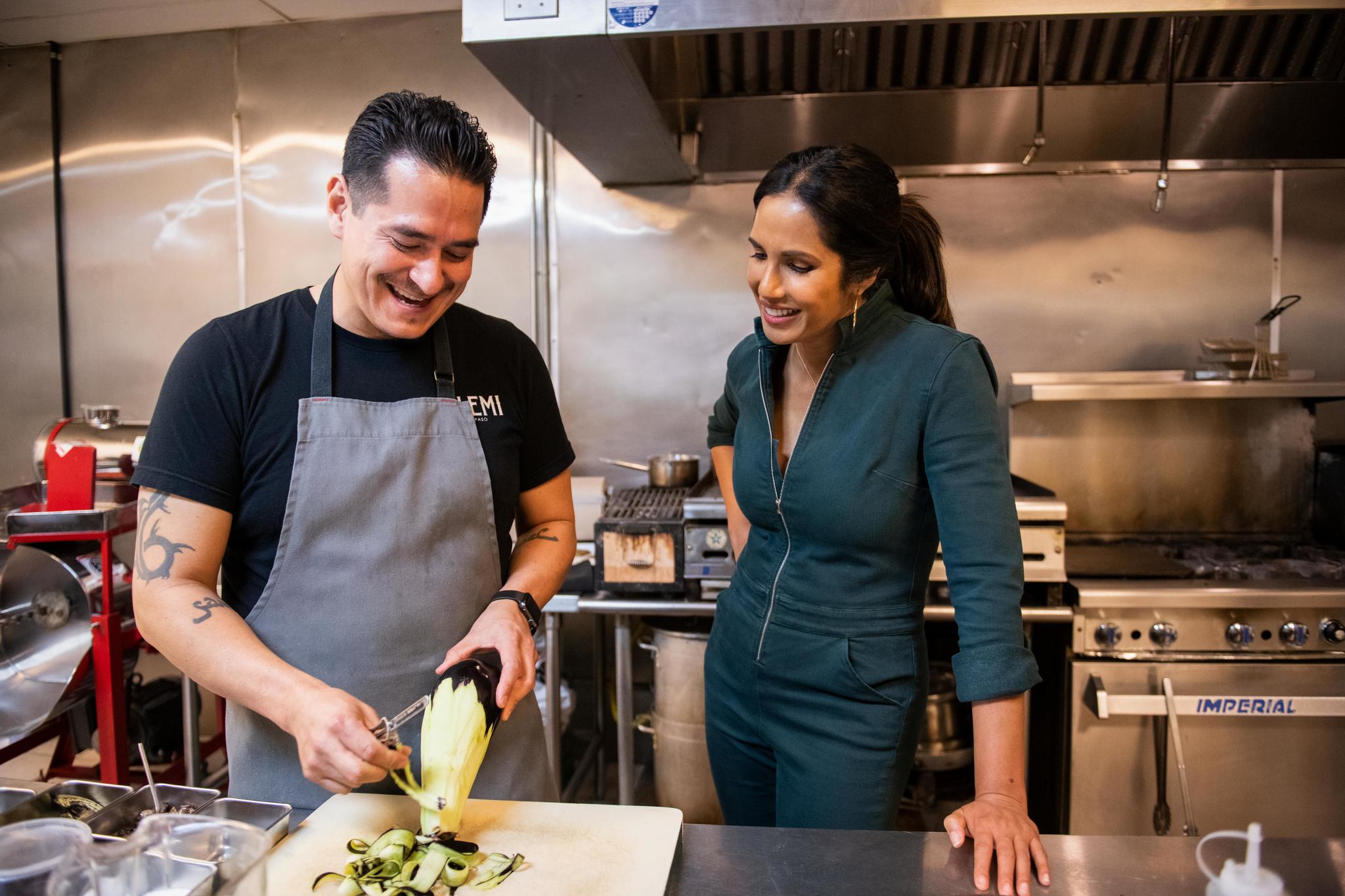
I've traveled a fair bit. I've eaten schnitzel in Alexanderplatz and hamburgers from a public-toilet turned take-out in Berlin. I've had duck in Beijing and been to the border in Mexico. And still I was surprised by and learned more than a few things in Taste the Nation.
First was that I absolutely have to try more Indian food. Dosa wasn't a name I knew, and that's just a shame. Plus, ya know, all the rest of that style of cuisine. And you'll absolutely start to lose it when Lakshmi's chatting with her daughter and her mother about what it's like to be part-Indian, or what it's like to have to leave your own children behind to start a new life. That's just not something most of us can even begin to comprehend.
Taste the Nation is as much about the people than the food. Maybe more so.
Second was a reminder that it's a huge world out there, and even for as traveled and as seasoned as we may consider ourselves, there's always something to learn.
I don't think I'd ever heard the term "Gullah Geechee." But living on the Gulf Coast, just a stone's throw East of New Orleans, I absolutely recognized the food. Rice and beans and vegetables like okra — all things with which I'm plenty familiar, and was marginally aware of their roots. Or, so I thought. There's a lot in common with the swamps surrounding the mouth of the Mississippi River and those in the low country of the Carolinas, though, and it all makes sense. But it was humbling to realize I was completely ignorant as to the true origin of that style of food.
And I absolutely recognized the people cooking it. But what I'd mostly think of as a "Southern" thing started somewhere else — and, yes, arrived on the shores of a new nation bound in chains — has deep roots thousands of miles away, and that's a story that needs to be told and remembered anytime we get the crab pot ready to boil. We certainly know the origins, but we need to remember and celebrate them.
That full episode is available on YouTube and is a must-watch.
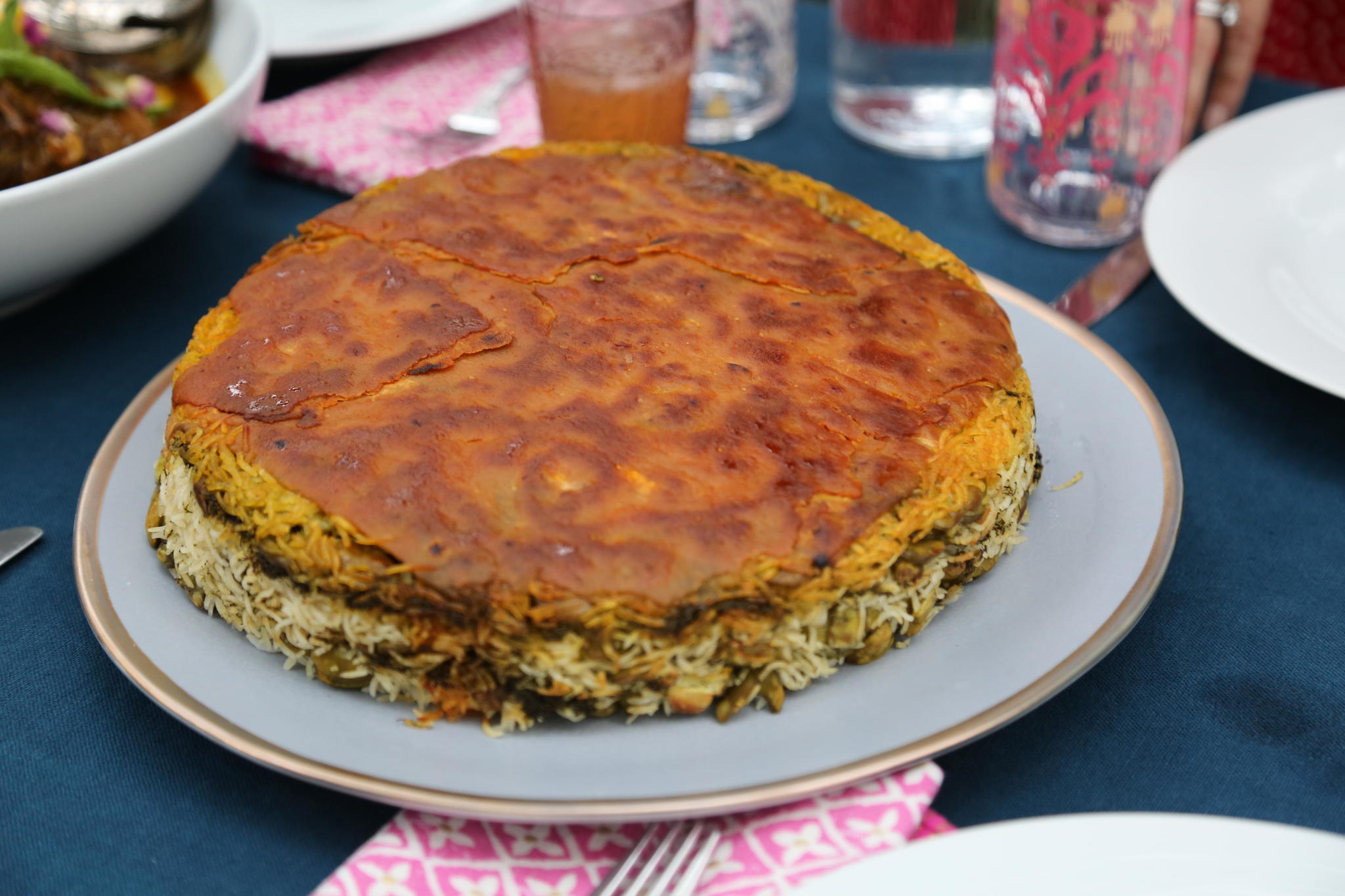
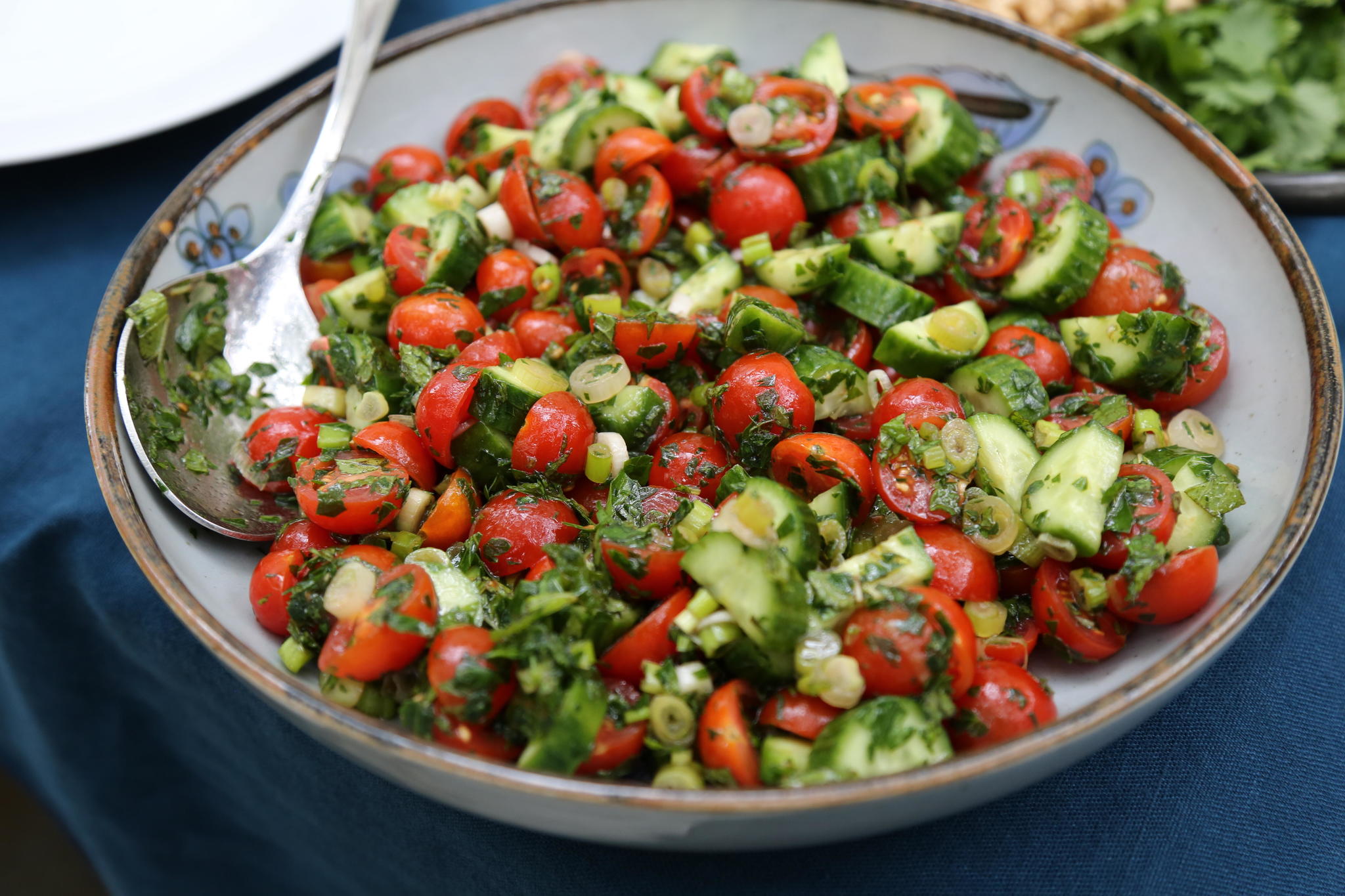
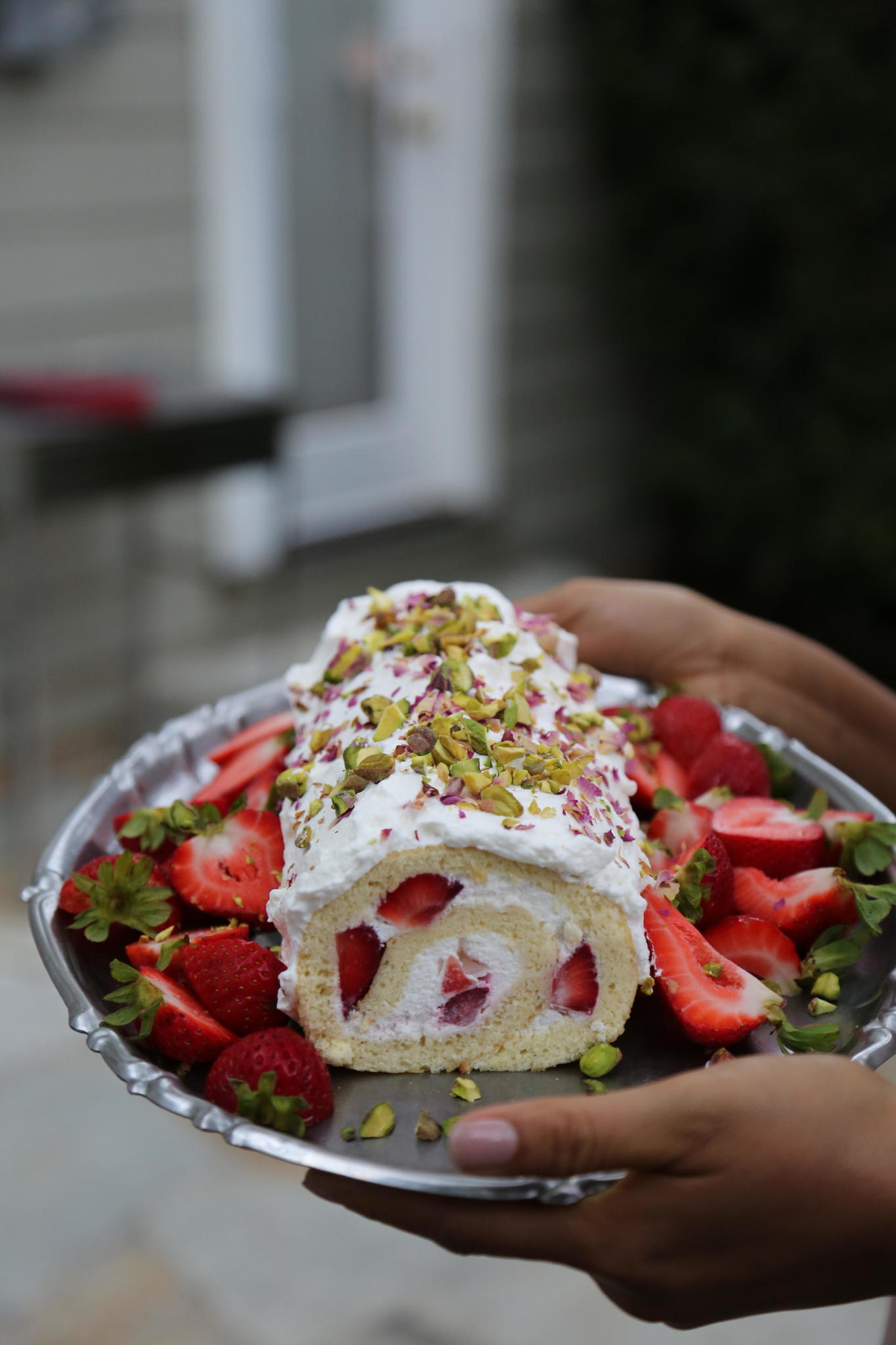
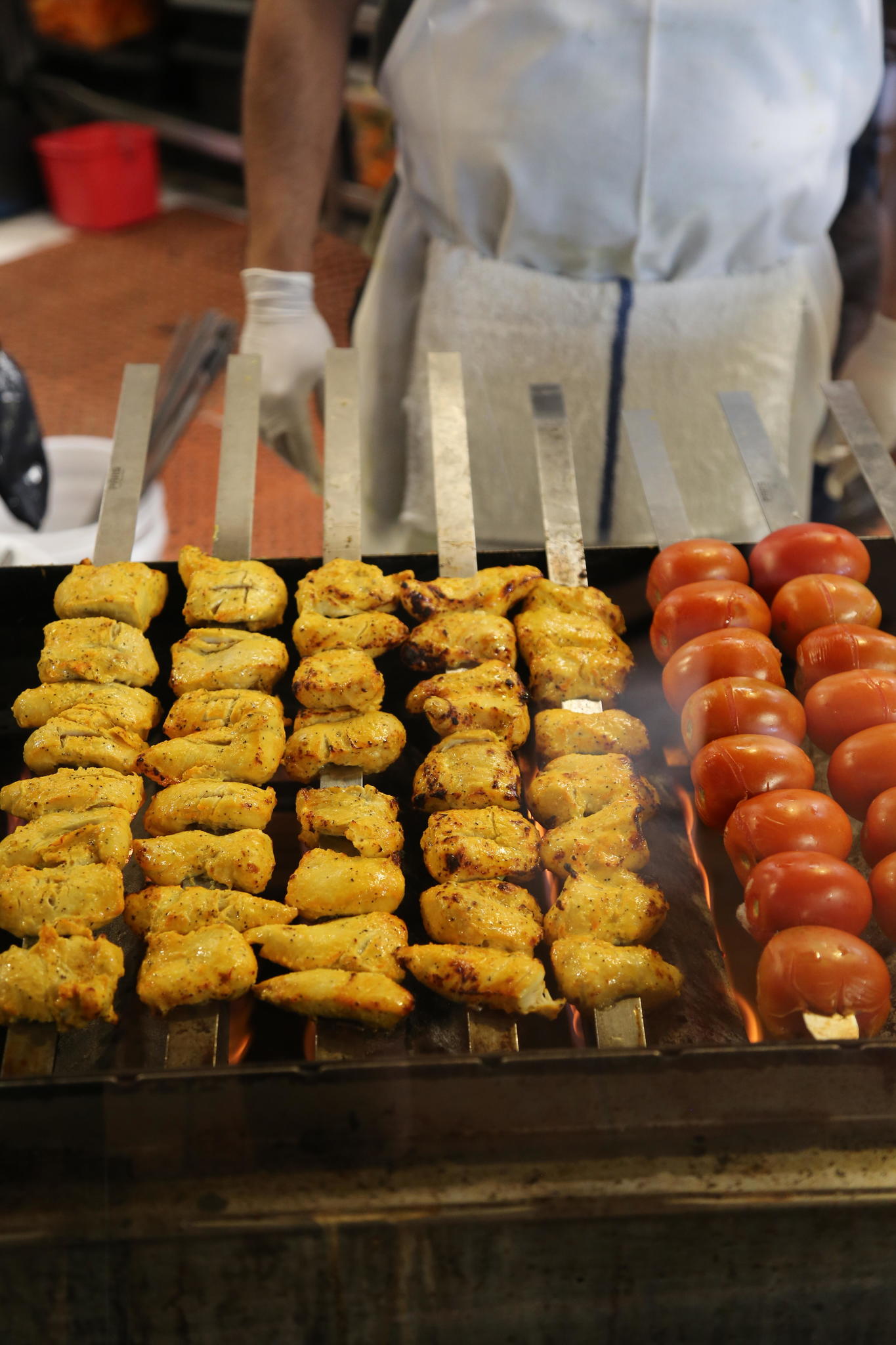
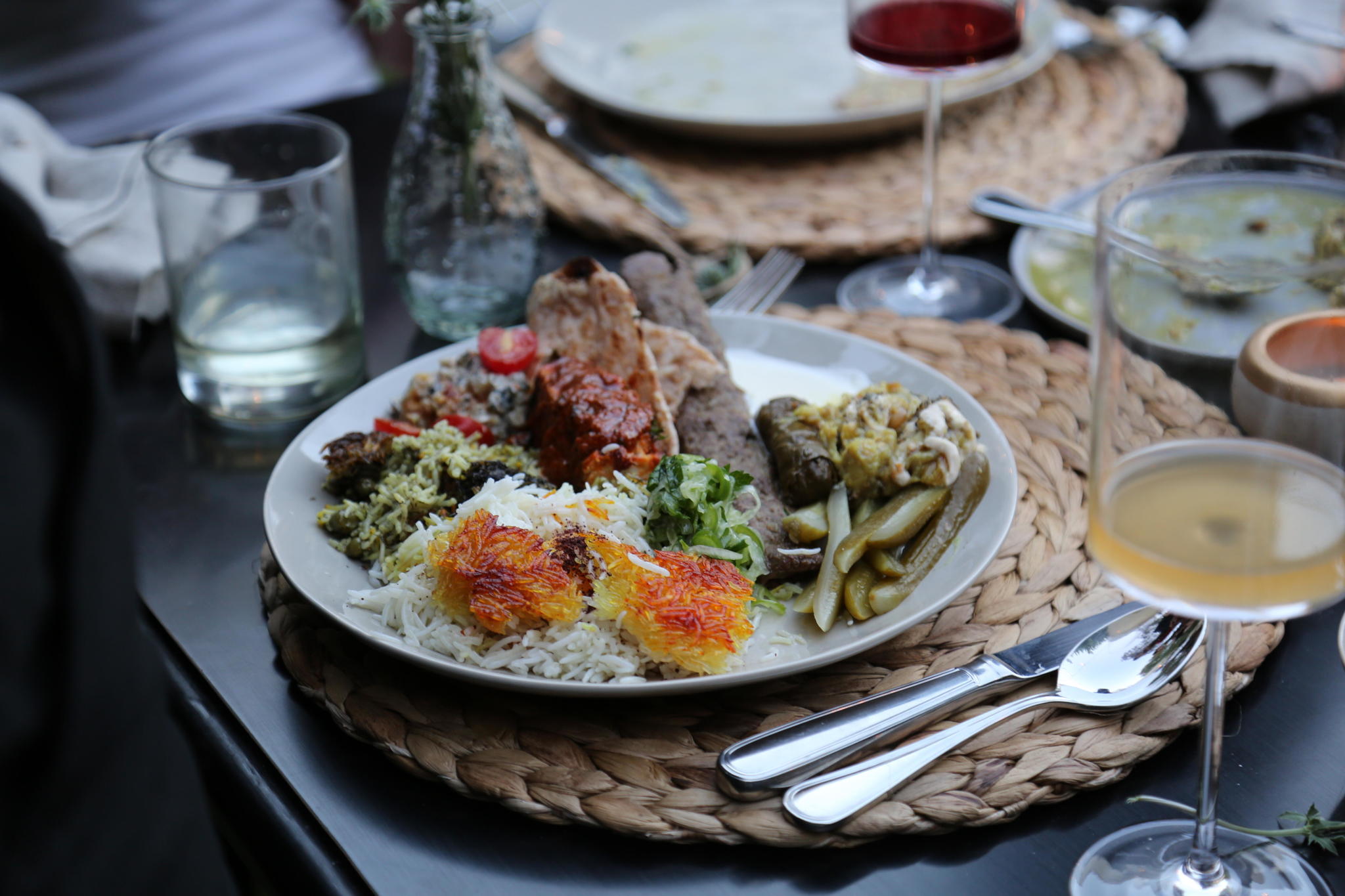
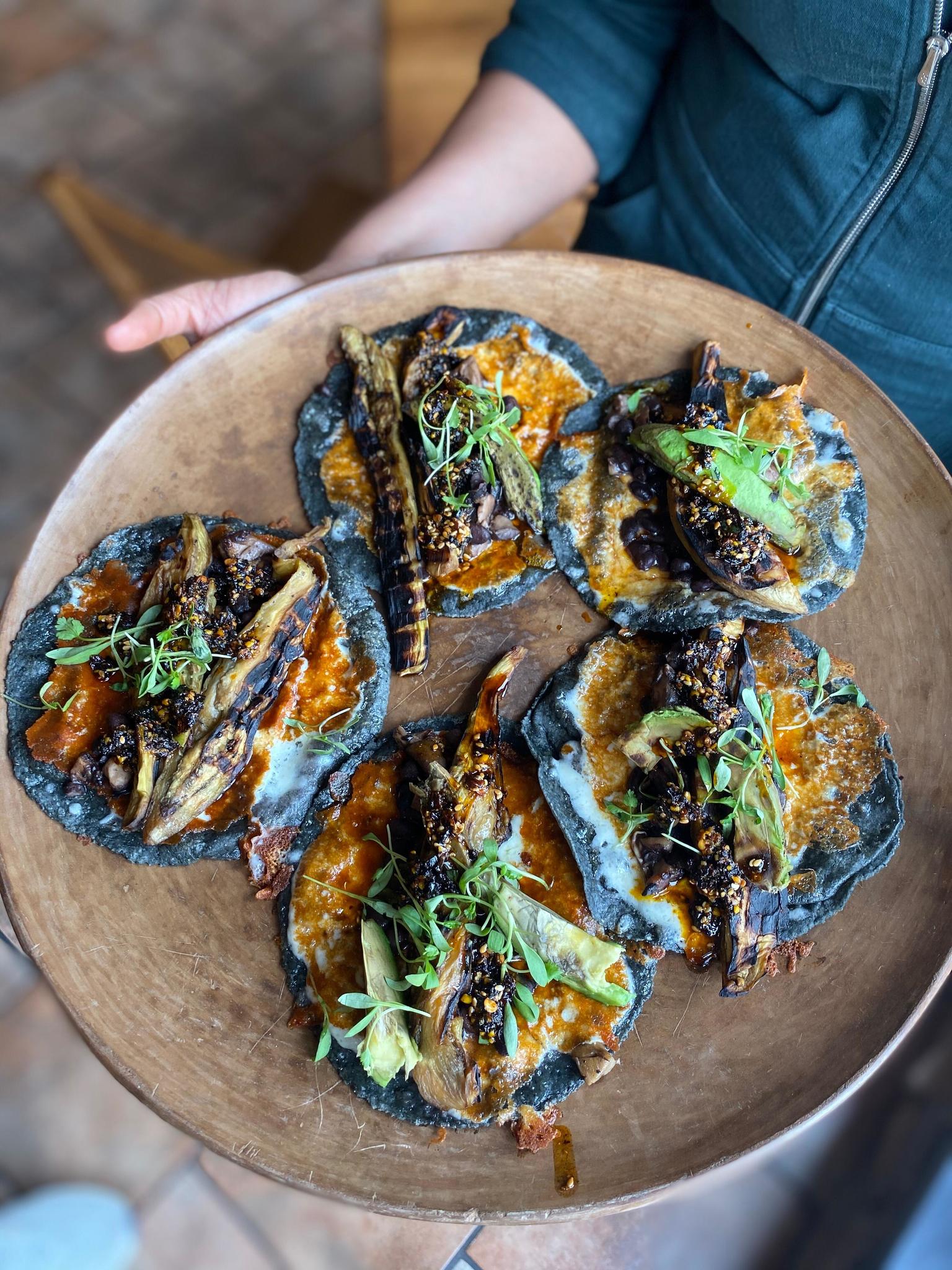
I also have a new list of places to eat. (Once we're able to travel again and actually go to restaurants.)
I've never been a huge fan of Thai food. But after watching "The Pad Thai Gamble" I have to wonder if I've ever actually eaten real Thai food — or just the Americanization of it. (The same goes for having real Chinese meals in China versus what we know as Chinese food here. There's almost no comparison.) That Lotus Siam is just a short walk off the Las Vegas strip makes it a must-visit the next time I'm out that way.
And that's not just for the Thai food, even though I definitely want to try to get into that more. What really makes me want to go there is because of the brief introduction to the woman who left her native land and came to the United States, then moved to Vegas to make the dream happen.
That is what makes Taste the Nation so compelling. It's not the food. (OK, it's not just the food.) It's maybe even not quite right to call Taste the Nation a food show.
At its heart — and, again Lakshmi says it in the intro — Taste the Nation is about the people and their origins that brought their food to America.
Some of it has firmly ingrained itself into what we consider American cuisine. Hamburgers. Hot dogs. "Chinese food." Some of it remains more ethnic but very much is a staple, even with the bastardization and flavorless oversimplification that's been done to it. Tacos. Burritos. Kabobs. Some of it requires a little more adventure and patience.
But it opens up an entirely new world of flavor and experience — and love for the people who brought it here. It reminds us that we are a nation of immigrants, even if we occasionally have to fight to remind ourselves of that fact.
That's what Taste the Nation makes me want to do. Not just eat the foot and visit the shops, but to be around more of the multitudes of people who truly made our country what it is today, and what it can continue to be, if we let ourselves continue to grow.
That's the true power of Taste the Nation.
